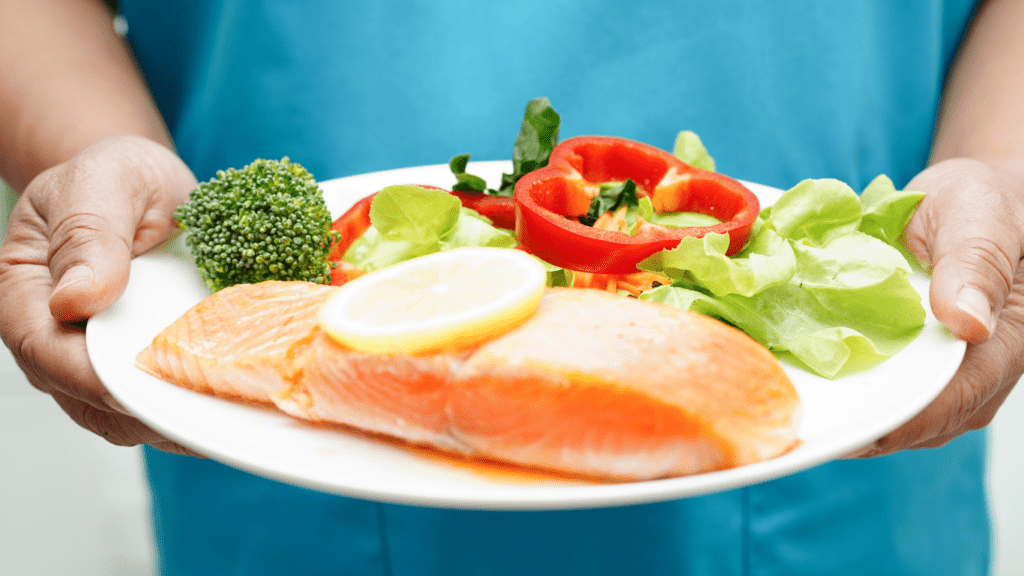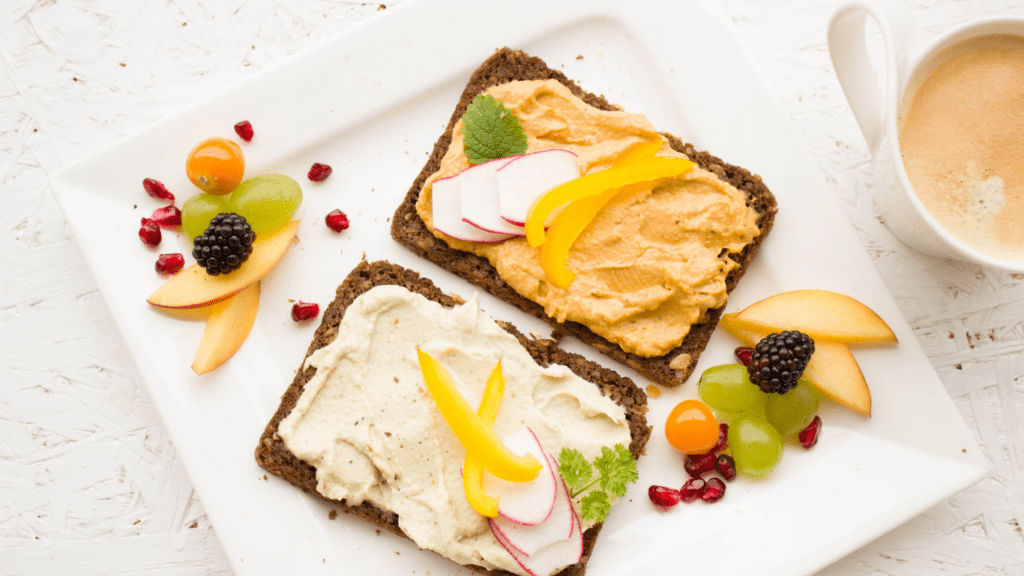Understanding Immunity in Children
Children’s immunity develops over time with exposure to various pathogens and proper nutrition. It’s crucial to understand how diet influences their immune function.
The Role of Nutrition in Immune Function
Nutrition plays a critical role in the development and function of a child’s immune system. Healthy eating ensures that a child’s body has the resources to defend against infections. Balanced diets, which include a variety of nutrients, support the growth of immune cells and the production of antibodies.
Key Immune-Boosting Nutrients
Several essential nutrients directly impact immune health:
- Vitamin C: Found in citrus fruits, strawberries, and bell peppers, it enhances antibody response.
- Vitamin D: Present in fortified milk, mushrooms, and sunlight exposure, it regulates immune response.
- Zinc: Available in meat, nuts, and seeds, it supports white blood cell function.
- Probiotics: Found in yogurt and fermented foods, they maintain gut health, which is linked to immunity.
Incorporating these nutrients into a child’s daily diet can strengthen their immune system and reduce the likelihood of illness.
Practical Nutrition Tips for Parents

Good nutrition is essential to ensure children’s health and well-being. Here are specific tips to help parents boost their kids’ immunity through diet.
Incorporating Fruits and Vegetables
Focus on adding more fruits and vegetables to every meal.
- Fruits like oranges, strawberries, and kiwi provide Vitamin C, essential for immune function.
- Vegetables such as spinach, broccoli, and bell peppers contain a range of vitamins (A, C, and E) and minerals (zinc and folate) that help protect against infections.
- Serve fruits and vegetables in various forms, such as fresh, frozen, or dried, to keep kids interested.
- Including a mix of colors on the plate can make meals more appealing and nutritionally balanced.
Importance of Hydration
Keep children hydrated to support their immune system. Water aids in the production of lymph, which carries white blood cells and other immune system cells.
Encourage kids to drink enough water throughout the day, with an optimal intake based on their age: about five cups for children aged 4-8 and seven cups for ages 9-13. You can also include hydrating foods like watermelon, cucumbers, and oranges.
Limit sugary drinks, as they can lead to dehydration and provide no nutritional benefits.
Recipes for Boosting Immunity
Parents can leverage everyday recipes to help bolster their kids’ immune systems. Below are detailed ideas tailored for meals and snacks that pack a nutritional punch.
Breakfast Ideas
Starting the day with nutrient-rich foods sets the tone for a healthy day. Here are some breakfast recipes that support immunity:
1. Oatmeal with Berries and Nuts
- Combine rolled oats with milk or a milk alternative.
- Add a mix of berries (strawberries, blueberries, raspberries) for Vitamin C.
- Top with nuts like almonds or walnuts for Omega-3 fatty acids.
2. Yogurt Parfait
- Use Greek yogurt for protein and probiotics.
- Layer with granola and fruits like kiwi and oranges rich in Vitamin C.
- Drizzle with honey for added antioxidants.
3. Spinach and Mushroom Omelette
- Whisk eggs with a splash of milk.
- Sauté spinach and mushrooms for vitamins A and E.
- Cook the egg mixture and fold in the veggies.
Snacks and Smoothies
Healthy snacks and smoothies can keep energy levels stable and provide essential nutrients. Try these immunity-boosting options:
1. Fruit and Nut Mix
- Mix dried fruits like apricots and raisins with nuts like almonds and cashews.
- Great for zinc, fiber, and healthy fats.
2. Green Smoothie
- Blend spinach, banana, and pineapple with a cup of milk or almond milk.
- Add a spoon of flaxseed for Omega-3s.
3. Berry Blast Smoothie
- Use a mix of blueberries, strawberries, and raspberries.
- Blend with yogurt and a splash of orange juice.
- High in Vitamin C and antioxidants.
Incorporating these recipes into daily meals ensures kids receive the necessary nutrients to maintain a strong immune system.
Overcoming Challenges
Nutrition plays a pivotal role in boosting kids’ immune systems, but parents often face hurdles. Two major challenges are dealing with picky eaters and making quick, nutritious meals.
Dealing With Picky Eaters
Parents commonly struggle with picky eaters. Here are strategies to ensure kids get essential nutrients:
- Incorporate favorite foods: Mix vegetables into pasta or smoothies kids already love.
- Make meals fun: Create colorful plates and use creative food presentations to make meals more appealing.
- Involve kids in cooking: Let them help prepare meals to increase interest and willingness to try new foods.
- Offer variety without pressure: Provide different healthy options without forcing them to eat everything.
- Batch cooking: Prepare large quantities of meals like soups, stews, or casseroles on weekends so that you have ready-to-eat options during the week.
- Utilize one-pot recipes: Combine proteins, vegetables, and grains into one dish to save time on cooking and cleaning.
- Prep ingredients in advance: Cut vegetables, marinate meats, or portion out snacks ahead of time to streamline meal preparation on busy days.
- Use healthy shortcuts: Opt for frozen vegetables, canned beans, or pre-cut fruits to reduce prep time while maintaining nutritional value.

 Cynthian Holleyori is a skilled article writer who has been integral to the development of Toddler Health Roll. Her deep understanding of child health and development is evident in her well-researched and practical articles, which provide parents with essential guidance on raising healthy toddlers. Cynthian's contributions have significantly shaped the platform, ensuring that it addresses the most pressing concerns of parents and caregivers.
Beyond her expertise in toddler health and nutrition, Cynthian also delves into the mental and emotional well-being of young children. She offers valuable parenting strategies that help families foster a nurturing and supportive environment for their toddlers. Her dedication to building Toddler Health Roll has made it a trusted and comprehensive resource for parents committed to their children's growth and happiness.
Cynthian Holleyori is a skilled article writer who has been integral to the development of Toddler Health Roll. Her deep understanding of child health and development is evident in her well-researched and practical articles, which provide parents with essential guidance on raising healthy toddlers. Cynthian's contributions have significantly shaped the platform, ensuring that it addresses the most pressing concerns of parents and caregivers.
Beyond her expertise in toddler health and nutrition, Cynthian also delves into the mental and emotional well-being of young children. She offers valuable parenting strategies that help families foster a nurturing and supportive environment for their toddlers. Her dedication to building Toddler Health Roll has made it a trusted and comprehensive resource for parents committed to their children's growth and happiness.
